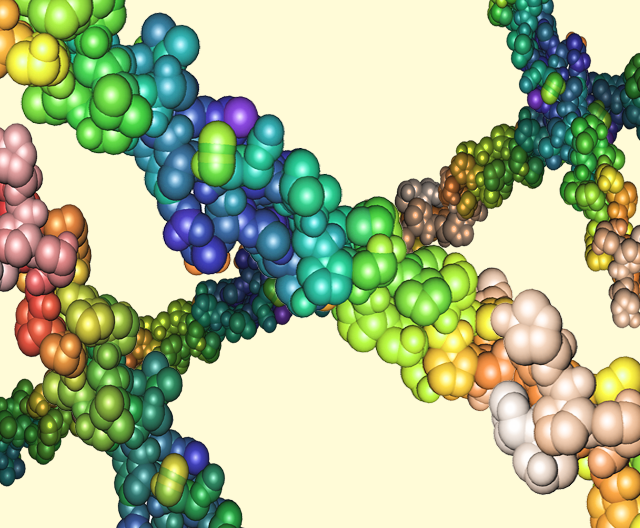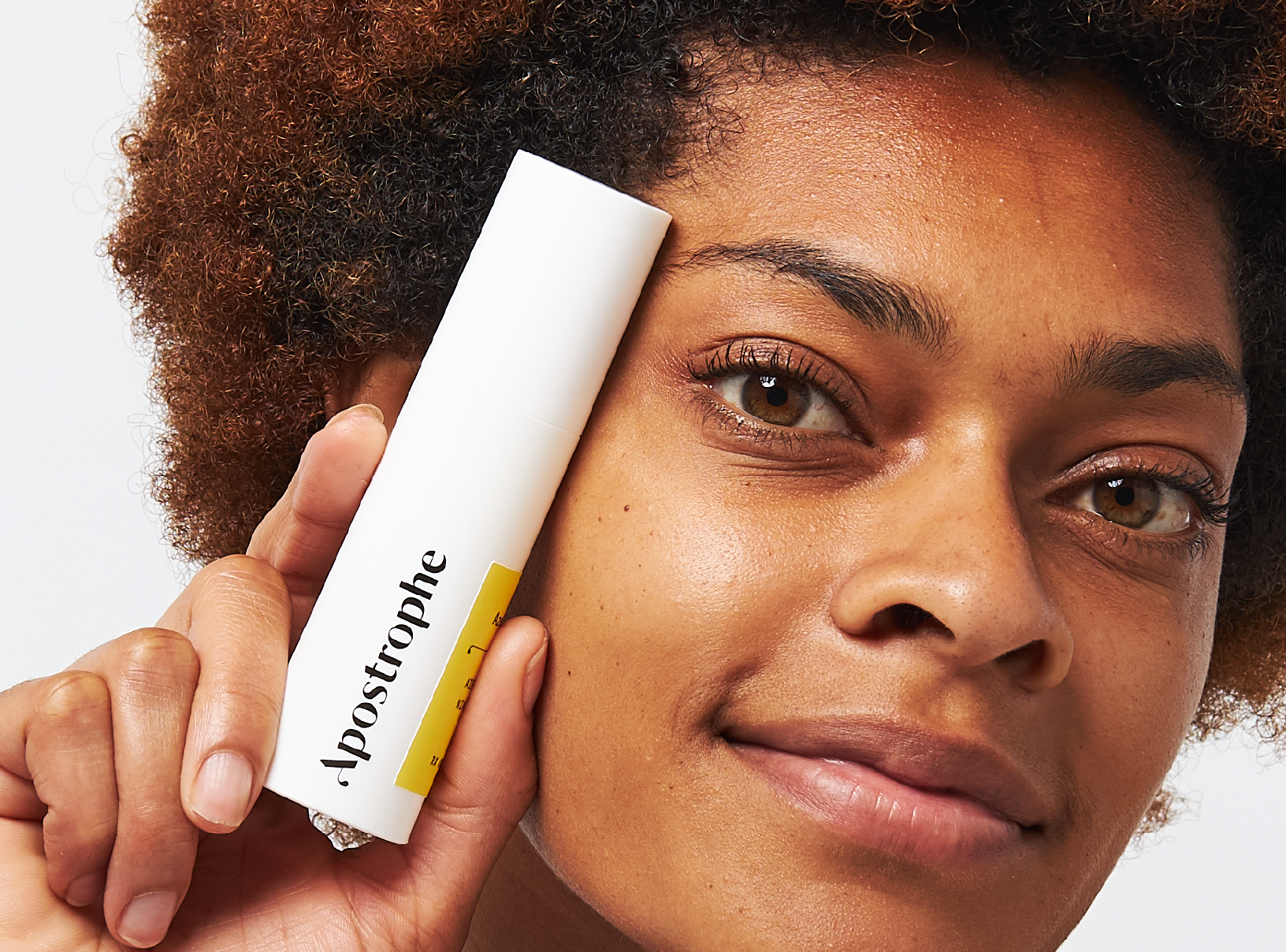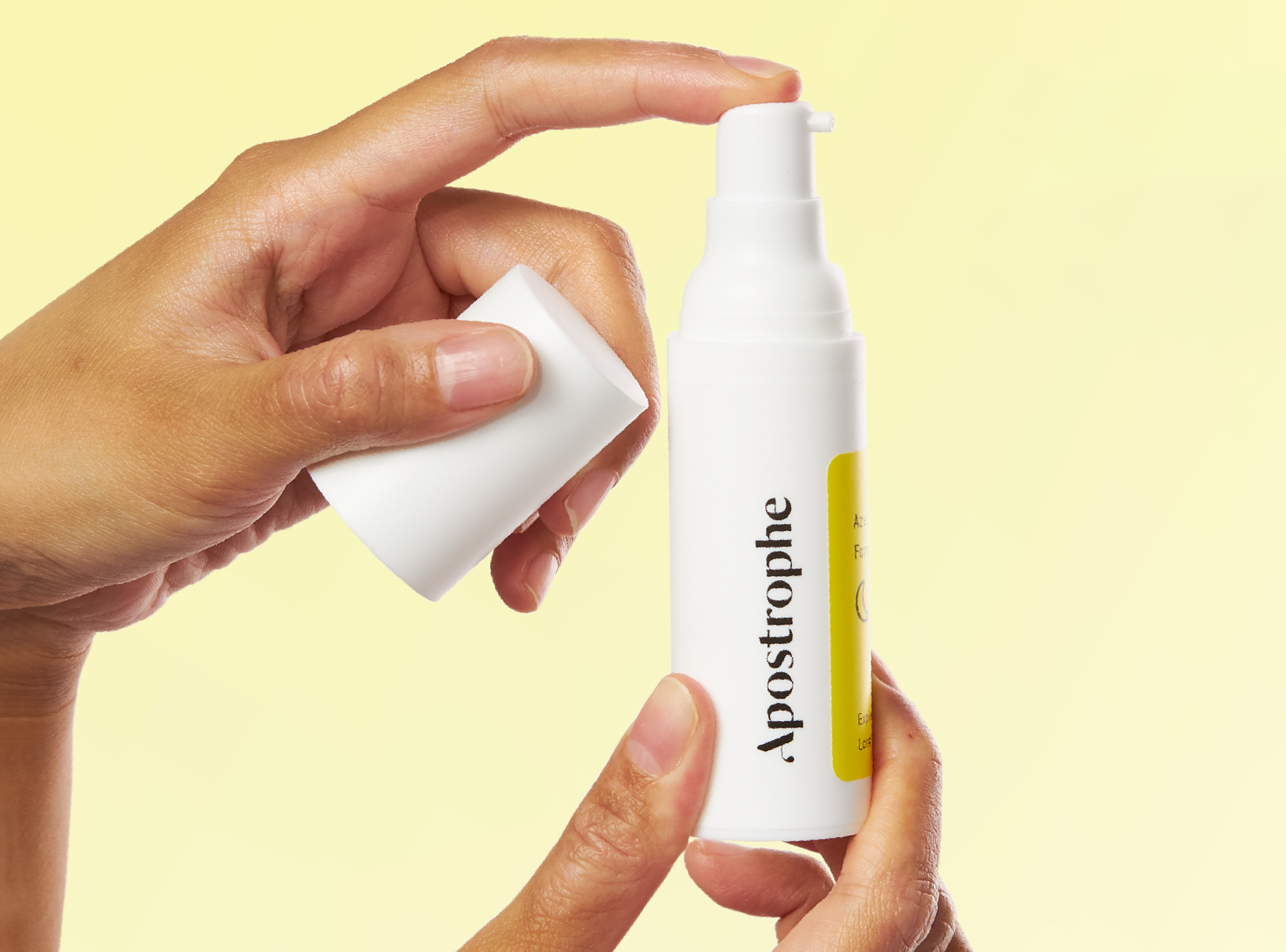Education
Hydrolyzed Collagen: Benefits and Side Effects


SHARE
Education
Hydrolyzed Collagen: Benefits and Side Effects
Medically reviewed by Patrick Carroll, MD
Written by Apostrophe Team
Last updated 4/5/2024
It seems like collagen supplements are everywhere. People are putting it in their coffee, their smoothies, and just about anywhere else they can dissolve it.
There are numerous claims to its health benefits, but only a few highlight actual research.
Amidst all of the information (and misinformation) online, understanding nutritional supplements is difficult.
When it comes to things you’ll be putting in your body, like hydrolyzed collagen or other dietary supplements, you deserve to know what it actually is and what the scientific research says about it.
That’s where we come in. Below, you’ll find some information about hydrolyzed collagen and the evidence supporting its benefits to help you make an informed decision on whether it’s right for you.
What You Need to Know
Collagen is a protein abundantly found in your body, naturally.
Hydrolyzed collagen (also known as collagen peptides) is collagen that’s been broken down into more easily dissolvable amino acids, often available as a collagen powder dietary supplement.
There is evidence that collagen supplementation can support skin, nails, joints, and muscle health.
The jury is still out on some collagen benefits, and more research is needed.
What is Hydrolyzed Collagen?
Collagen fills your body — it’s largely found in your connective tissues, bones, and skin. It accounts for one-third of your body’s total protein and three-fourths of your skin’s dry weight.
But the collagen found in supplements isn’t exactly like the collagen in your body. It’s been broken down to make it more digestible.
Hydrolysis, or the process by which collagen becomes hydrolyzed collagen, is a chemical process that breaks proteins down into their smaller parts — the amino acids or peptides.
Therefore, in the supplement world, it’s not uncommon to see the label hydrolyzed collagen used interchangeably with “collagen peptides” — both refer to the more easily dissolvable form of collagen protein.
You’ll generally see hydrolyzed collagen available online and on store shelves in the form of dietary supplement powders.
Collagen and Skin Health
Perhaps the most research on collagen supplementation and its potential role in your diet has been done on its effects on the skin. As we said before, collagen makes up 75 percent of your skin’s dry weight, naturally. So it depends on the stuff.
As we age, collagen in our skin degrades. It’s estimated our bodies produce one percent less collagen in the skin every year beginning at age twenty.
This degradation and decreased collagen production is a major contributor to wrinkles, decreased skin elasticity, and thin skin associated with old age.
One large review of existing scientific literature (which included 11 clinical studies involving 805 patients total) found collagen supplementation to increase skin hydration and elasticity while boosting collagen density.
The researchers concluded that the evidence is “promising” for hydrolyzed collagen in the use of skin aging.
Collagen and Joint Health
Another relatively large body of research connected supplementing with hydrolyzed collagen to overall joint health in athletes.
One 24-week study looked at the effects of collagen supplementation in physically active athletes who suffer joint pain because of their sport.
The researchers found athletes using hydrolyzed collagen had notably less pain than those taking a placebo.
Collagen and Muscle Mass
Ask your gym bros and they’ll tell you: protein builds muscle. Whether or not hydrolyzed collagen builds muscle is another topic entirely. Fortunately, a bit of research has been done on the topic.
One study of elderly men found resistance training with collagen supplementation improved fat-free body mass and muscle strength as compared with a placebo.
Another, conducted on active young men, had similar findings — body mass, fat-free mass, and muscle strength were all increased with 12-week daily supplementation of 15g of collagen peptides.
And if you’re interested in the effects of collagen on muscle mass, you may be interested in this: a small group of active young men were given 20g per day of collagen peptides and had moderate recovery and muscle soreness improvements 48 hours after exercise when compared to the control group.
Collagen and Heart Health
Collagen is naturally found in your blood vessels and smooth muscle cells, so it stands to reason it may play a role in cardiovascular health.
What isn’t entirely clear is how collagen supplementation can directly impact heart health. Some studies have begun to explore this, but more research is definitely needed.
Collagen and Hair and Nail Health
Collagen is abundant in your skin and contains crucial amino acids in the development of healthy hair
However, there is no sound scientific evidence that supplementing with collagen can have a direct impact on human hair health.
This doesn’t mean it can’t! Rather, it means that the research hasn’t been done to prove it can.
There is, however, some research to support collagen in nail health. For example, this clinical study found that collagen peptide supplementation increased nail growth, improved brittle nails, and decreased nail breakage after 24 weeks of supplementation.
Collagen and Weight Loss
Scientific evidence that definitively connects collagen to weight loss is lacking.
Manufacturers commonly cite satiety or fullness as the method by which collagen can be used as a weight management tool.
As a good source of protein, collagen could hypothetically replace other, less filling and higher calorie foods while aiding in muscle building and fat loss.
Still, more research on this topic is needed to gain acceptance as a mainstream scientific fact.
Collagen Supplements Side Effects
Hydrolyzed collagen supplements are most commonly derived from bovine, marine animals, and chicken. This means that if you’re allergic to beef, fish, or poultry, you could have a reaction after consuming collagen supplements.
It’s always a good idea to check the label of the particular supplement you're using to ensure none of the ingredients contain something you’re allergic to — including the collagen itself.
And as always, if you have concerns about your ability to take collagen, consulting with a physician first is never a bad idea.
Since some supplements interact with drugs, you should also be sure to tell your healthcare provider if you take prescription medication and plan to take collagen supplements (or any supplement for that matter).
Like what you just read? Sign up for our email list to get the scoop on skincare science delivered straight to your inbox.

Deep Dives
A dermatologist shares his thoughts on the recent studies about benzoyl peroxide and benzene.
Read More
Education
What is milia?
What is milia? Today, we’re jumping into one type of bump that you may have heard about most commonly in infants — milia.
Read More
Education
Best moisturizer for acne-prone skin
If you have combination acne-prone skin, figuring out which moisturizer is best for your skin might be tough. In this guide, we break down the best moisturizer for combination, acne-prone skin.
Read More
